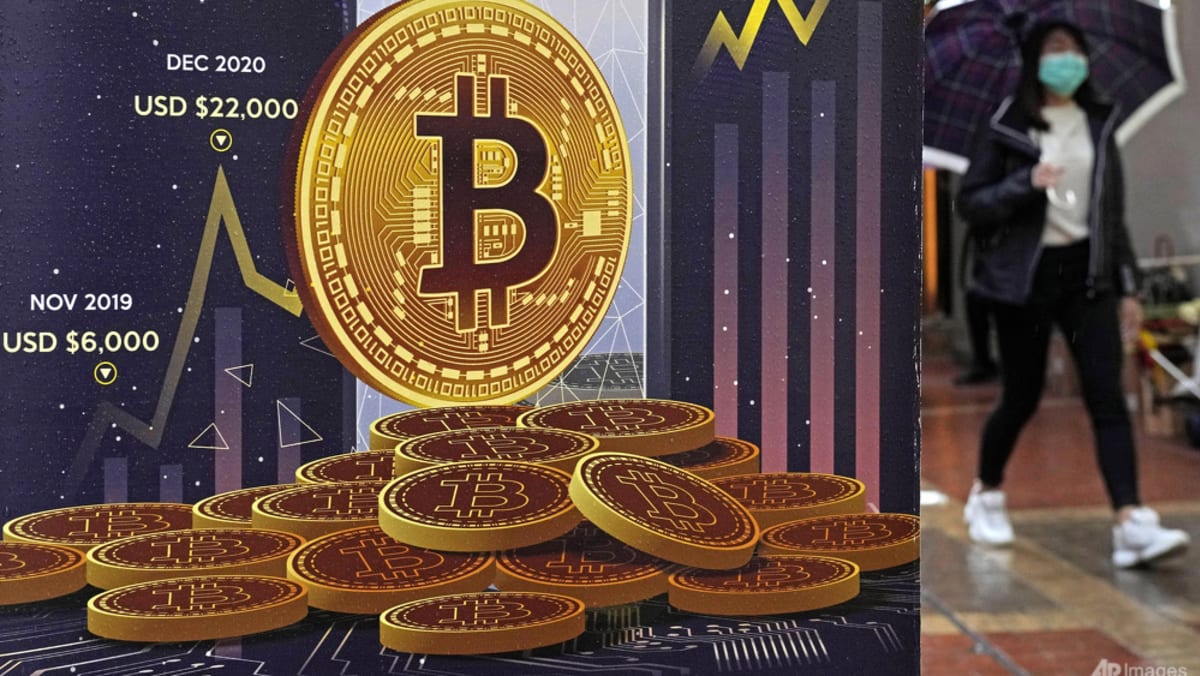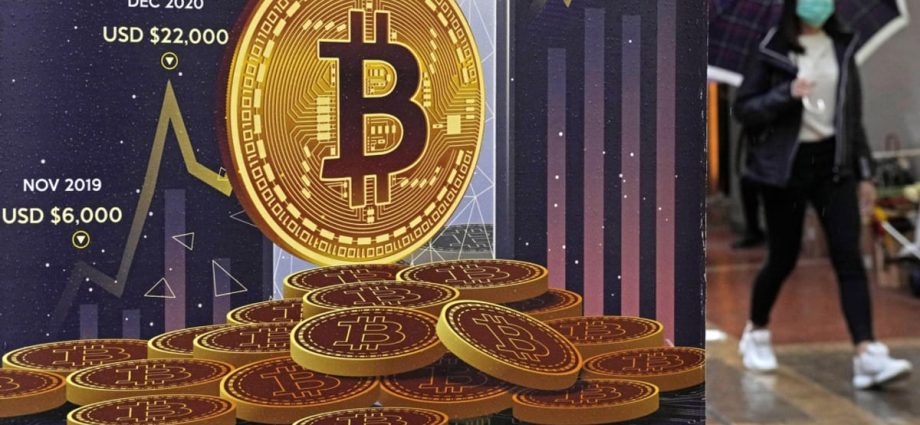
Hong Kong Monetary Authority chief Eddie Yue said the city wants to give the industry flexibility to develop, innovate and create an ecosystem.
However, that does not mean a light-touch regulation.
In fact, Prof Aris said he believes the new rules allow Hong Kong to fill a void left behind by a series of meltdowns in the west.
“At the point of lowest confidence, is when you can instil more confidence in investors by showing them that it is safe to trade these assets in Hong Kong, because they are well regulated,” he said.
“There is room for Hong Kong to step in and become an international hub in the trading of virtual assets.”
ATTRACTING GLOBAL INVESTORS
Overseas investors such as Mr Chen Zhuling, who runs a Singapore-based blockchain company, is also eyeing a slice of the pie.
His firm is looking at potentially offering staking services in the city, as its crypto space grows. Staking is a way for crypto holders to earn rewards on digital assets.
“Hong Kong is never short of sophisticated funds and investors. So that’s going to have a great inflow into the crypto space,” said Mr Chen, the chief executive officer of RockX.
“After the crackdown of Signature Bank and Silvergate Bank, there are no efficient on-ramp, off-ramp services globally. (This is) where after the licensing, banks will be more comfortable to serve that need.”
More than 80 companies, including major crypto exchanges OKX and Huobi, had expressed interest to operate in the city even before the new laws kicked in.
Prof Aris said he believes these movements signal a growth trajectory, one that the Hong Kong is preparing to meet as it steps up recruitment of fintech professionals.

